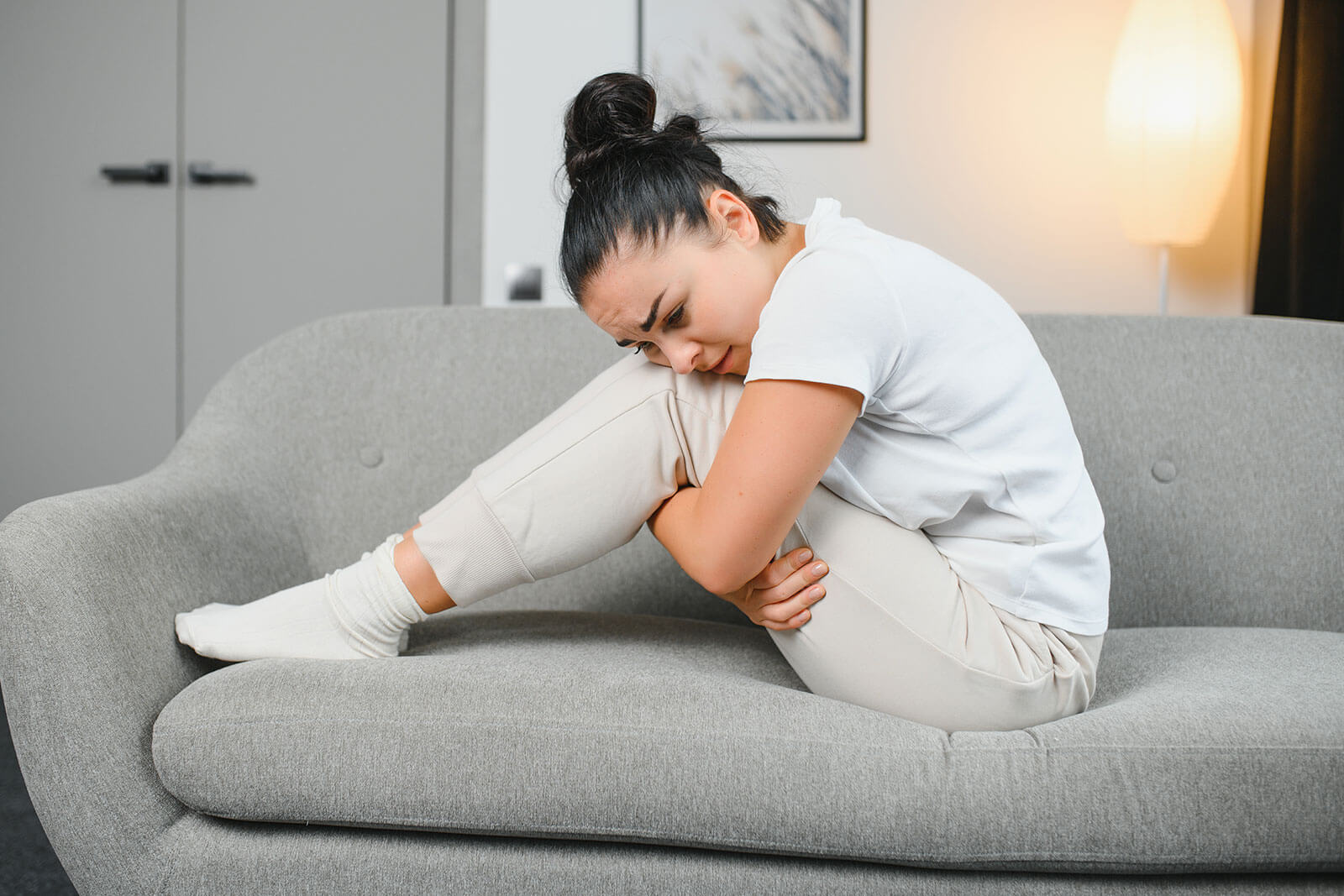The vulvar lichen sclerosus It is a chronic inflammatory disease that affects the skin of the genital area, causing symptoms that can significantly affect the quality of life of patients.
It is often a little-discussed topic, which generates many doubts and uncertainty. Below, we resolve the frequently asked questions about this pathology with clear information supported by medical evidence.
What is the vulvar lichen sclerosus?
Lichen sclerosus is an inflammatory skin disease that primarily affects the genital and perianal areas of women, although it can also occur in other areas of the body.
Its exact cause is not known with certainty, but it has been linked to factors autoimmune, hormonal and genetic.
It is characterized by the appearance of white spots, intense itching, thinning of the skin and a tendency to scar formationIf not treated properly, it can lead to Skin retraction and difficulties in sexual life.
What are the symptoms of vulvar lichen sclerosus?
Symptoms may vary from patient to patient, but the most common ones include:
- Intense itching, especially at night.
- Irritation and burning sensation in the affected area.
- Whitish and thinned skin, which becomes more fragile and can tear easily.
- Pain or discomfort during sexual intercourse due to narrowing of the vaginal entrance.
- Small fissures or ulcers, which can cause bleeding.
- Abnormal scarring, which can alter the anatomy of the vulva over time.
What causes vulvar lichen sclerosus?
There is no single cause, but several factors can influence its appearance:
- Autoimmune factors: A higher incidence has been observed in people with autoimmune diseases such as Hashimoto's thyroiditis or vitiligo.
- Hormonal imbalancesThe disease is more common in postmenopausal women, suggesting that lack of estrogen may be a factor.
- Genetic factors: Cases have been identified in families, indicating a hereditary predisposition.
- Chronic inflammation: Alterations in the immune system can trigger abnormal inflammatory responses.
How is vulvar lichen sclerosus diagnosed?
Diagnosis is usually based on clinical evaluation by a gynecologist or dermatologist. In some cases, a biopsy is required. biopsy to confirm the disease, especially if there is doubt or suspicion malignant transformation.
During the examination, the specialist will examine the affected skin and assess the symptoms to determine the best treatment strategy.
What are the most effective treatments?
The treatment of vulvar lichen sclerosus depends on the severity of symptoms and the individual response of each patient. Among the most effective options are:
- Hyperbaric oxygen: Recent studies have shown that the hyperbaric oxygen therapy It promotes tissue regeneration and improves symptoms in patients with lichen sclerosus resistant to conventional treatment. It is the most advanced solution.
- Topical corticosteroids: They are the standard treatment and are used to reduce inflammation and relieve symptoms.
- Calcineurin inhibitors (tacrolimus, pimecrolimus): Alternative to corticosteroids in cases of resistance or side effects.
- Topical estrogens: In postmenopausal women, they can help improve skin quality.
- CO₂ laser phototherapy with autologous exosomes: It has been used in some cases to stimulate skin regeneration and improve elasticity.
- Daily care: Avoid irritants such as perfumed soaps, wear cotton underwear and maintain adequate skin hydration.
Can vulvar lichen sclerosus increase the risk of cancer?
In some cases, untreated vulvar lichen sclerosus may increase the risk of vulvar squamous cell carcinoma. Although this risk is low, it is recommended regular medical follow-up to detect any suspicious changes in the skin.
Periodic check-ups with a specialist allow identify any alteration early and reduce the risk of complications.
How does vulvar lichen sclerosus affect quality of life?
The impact of vulvar lichen sclerosus can be significant, affecting not only physical health but also emotional well-being and the sexual life of patients. The main difficulties include:
- Pain or discomfort during sexual intercourse, which can affect intimacy and self-esteem.
- Anxiety or depression, especially in severe cases or when the diagnosis takes time to be established.
- Limitations in daily life, such as discomfort when walking, exercising, or even sitting for long periods.
The medical and psychological support It is essential to improve the quality of life of patients with this disease.
When is it recommended to see a specialist?
It is important to see a gynecologist or dermatologist if you have symptoms such as:
- Intense and persistent itching in the genital area.
- Appearance of white spots or changes in skin texture.
- Pain or discomfort during sexual intercourse.
- Recurrent cracks, wounds or bleeding in the affected area.
Early diagnosis and proper treatment can prevent complications and improve prognosis.
Vulvar lichen sclerosus is a chronic disease that requires early diagnosis and appropriate treatment. control symptoms and avoid complicationsAlthough there is no definitive cure, there are multiple therapeutic options that can improve the quality of life of patients.
If you have symptoms or suspect that you may have this disease, Consult a gynecologist or dermatologistEarly detection and treatment are key to avoiding complications and maintaining a good quality of life.


